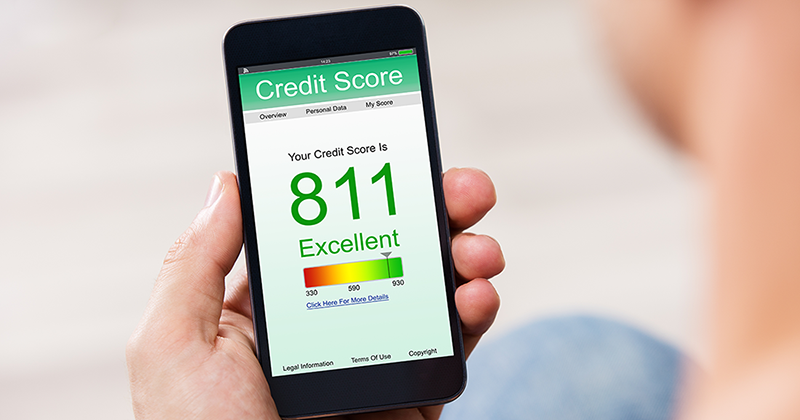How Much Can You Save On Your Mortgage by Improving Your Credit Score?

Did you know that a good credit score can save you hundreds of dollars a month on mortgage payments – and possibly tens of thousands over the course of your loan?
When a borrower has a high credit score, this gives lenders confidence in their ability to repay the loan. In turn, the higher it is, the lower the interest rate they’ll be willing to give you.
What is a Credit Score?
A credit score is a 3-digit number generated by a mathematical algorithm using information in your credit report and is designed to predict risk. A consumer has 3 FICO scores, one for each credit report: Equifax, Experian and TransUnion.
FICO scores range from 300 to 850, where a higher number indicates lower risk. Here’s the breakdown:
- 750+: Excellent
- 700-749: “Good”
- 650-749: “Fair”
According to the Federal Reserve, the median credit score of home buyers qualifying for a mortgage in the first quarter of 2019 was 759 and 75% boasted a score over 700.
Home buyers do not need a score above 700 to buy a house. However, a higher credit score means you’re given a better mortgage rate and loan options.
Keep in mind, the score you may pull from myFICO, the credit bureaus, Credit Karma, or whichever third-party was an educational credit score. These scores are provided just to give you a perspective on your credit standing. They’re not the scores that lenders actually use to approve your application. Speak with your Greenway Officer for more information.
What Goes into a Credit Score?
The data from your credit report goes into 5 categories that make up your FICO score which weighs some factors more heavily, such as payment history and debt owed.
- Payment history: (35%) -- Your account payment information, including any delinquencies and public records.
- Amounts owed: (30%) -- How much you owe on your accounts. The amount of available credit you're using on revolving accounts is heavily weighted.
- Length of credit history: (15%) -- How long ago you opened accounts and time since account activity.
- Types of credit used: (10%) -- The mix of accounts you have, such as revolving and installment.
- New credit: (10%) -- Your pursuit of new credit, including credit inquiries and number of recently opened accounts.
How much will increasing your score save you?
A small improvement in your credit score (from 680-700) could save you thousands. For example, a top tier credit score versus a bottom tier credit score on a medium-priced home for a 30-year fixed could mean a savings in interest paid of $100,000. Keep in mind, there are other factors that play a role in the mortgage approval process. Some include: cost of the home, size of your down payment and your income.
How Can you Improve your Score?
- Make payments on time and in full each month.
- Make sure you are not using up too much of your credit lines at any one time.
- Keeping your oldest credit accounts open can give you a boost. Make sure to limit how often you apply for new lines of credit. The number of credit inquiries can affect your score.
Ready to Take the Next Step?
Contact a Greenway Loan Officer with any questions you may have, to get pre-approved or to see what type of loan you could qualify for.




